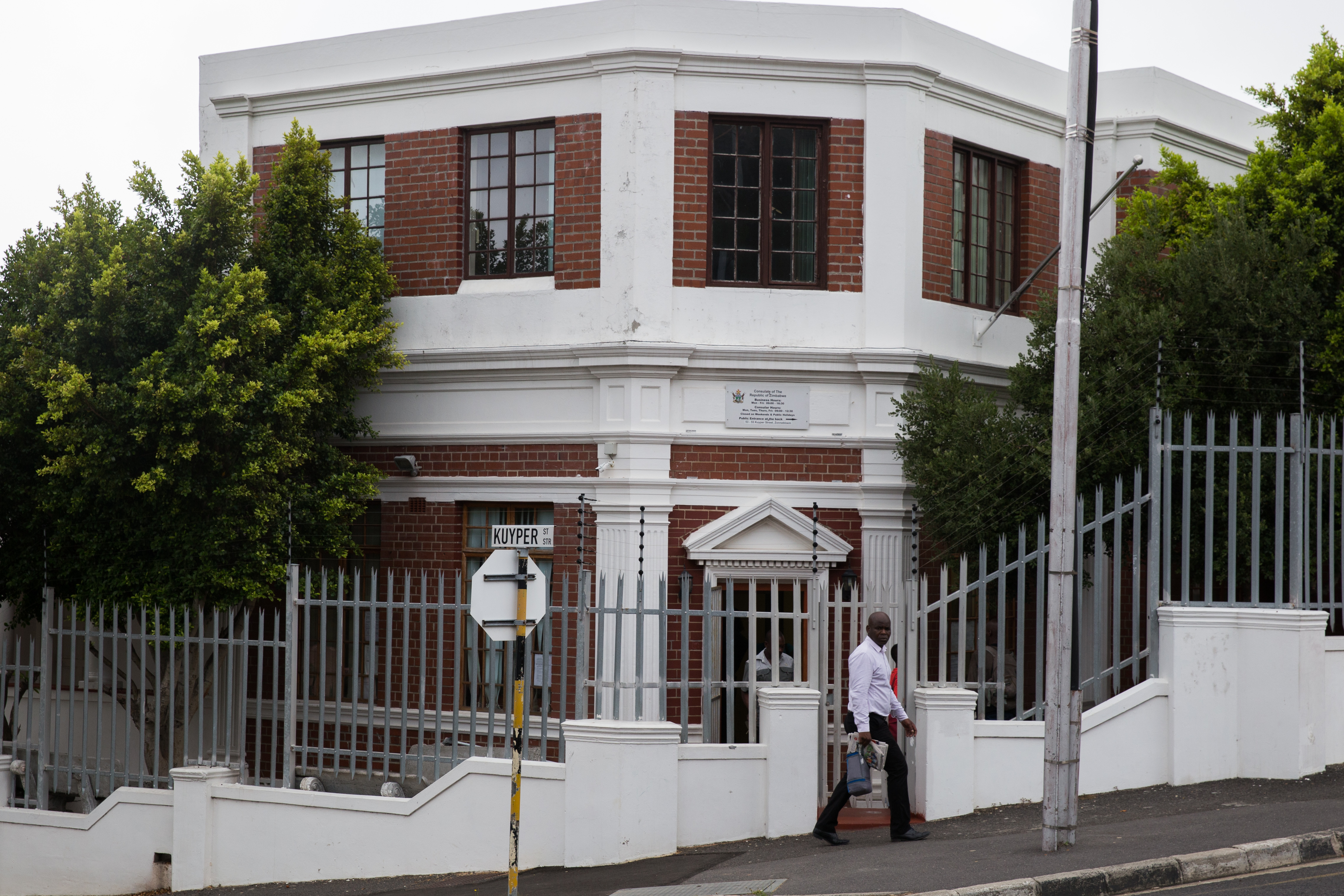Zimbabwean parent denied access to her child
Advocate says Department of Social Development has no right to keep the children from being with their families

Eight Zimbabwean children, aged between two and 12 years old, are still being held by the South African Department of Social Development without parental contact. The children were taken into custody in November after they were discovered in a truck. They were travelling to Cape Town to be with their parents.
On Tuesday, one of the parents travelled to Rustenburg to try and see her six-year-old. She said she phoned the state social worker who refused to reveal where the children are being kept and told her she was not allowed to visit her child. The mother searched all the children’s homes in the area with no luck. “I just want to be sure that my child is safe,” she said.
Advocate Simba Chitando says that what the department is doing is unlawful.
“There is no legislation, that I am aware of, which empowers the department to detain minors without the consent of their legal guardian (“the parents”), or a Court order,” he says.
Chitando is representing eight families who have filed papers in the Pretoria High Court after the Zimbabwean Embassy extended legal services as part of its consular services to the families.
Last week, the court ordered that the family advocate as a matter of urgency investigate the minor children’s circumstances and report back on the “suitability of the applicants to be reunited with their children”.
In a media statement on 17 February, the Minister of Social Development Bathabile Dlamini said she has “noted with concern misleading reports” that the children were being “held in the country against the will of their biological parents”. It did not say in which way the media reports were misleading.
Chitando said, “All the parents have deposed affidavits saying their children are being held against their will. The department does not have competing rights, with the parents, over the children. The [department] is the party holding the children and exerting its power.”
“The department, ought to inform the parents regularly on the status of the children, and their precise location. They ought to have access to their children. Keeping them in the dark is cruel. The children, are as young as two-years-old …. detained in a foreign country by strangers.” He said the conduct of the department is abusive to both parent and child.
“The children were travelling with public transport with 21 other passengers on their way to festive holidays. Some of the passengers were adults. They did not lack adult supervision. Whether they were undocumented or not is irrelevant. You cannot punish infants, for the alleged violations of the Immigration Act,” said Chitando.
Lumka Oliphant, spokesperson for the Department of Social Development, refused to answer questions from GroundUp. She said the department is not going to answer through the media but will answer to the court. She referred GroundUp back to the department’s media statement.
The statement said: “The office of the Consular-General of Zimbabwe is fully aware of all the developments as their office has been highly involved … A confirmation letter from the Zimbabwean Department of Social Services is now awaited so that the children can officially be received by the relevant authority in Zimbabwe.
GroundUp contacted the Zimbabwe Ministry of Public Service, Labour and Social Welfare. An employee who refused to give a name, said, “We have a new minister. She heard the story for the first time on 19 February when GroundUp spoke to her aide. Unfortunately, she travelled to Swaziland in the morning but she briefed the principal director who will urgently look into the matter.”
Another Zimbabwean official, who also refused to be named, said, “We are working with the South African [Department of Social Development] to put logistics in place. We are expecting the children to arrive at the Harare International Airport by 6 March … Parents are smuggling their children because of lack of proper documents. When they relocate illegally to other countries they don’t return to get documents for their children.”
Save the Children South Africa Project Manager Nyika Machenjedze said, “It appears there was an agreement between the driver and the parents that the driver should bring their children. It does not appear as though there was any intent to exploit the children in any way.”
“If there are no risks identified by the child protection officials it would be wiser to reunite these children with their families or parents so that the lives of these children return to normality sooner … There is no need in labouring and exhausting government funds in repatriating these children to Zimbabwe when they have parents here. The only thing we have to be sure of is whether the person who is claiming the child is rightfully who they claim to be, parent or family, and that is where the Zimbabwean Consulate gets involved to establish such facts.”
The children have not committed any crime, said Machenjedze.
Support independent journalism
Donate using Payfast

© 2018 GroundUp. 
This article is licensed under a Creative Commons Attribution-NoDerivatives 4.0 International License.
You may republish this article, so long as you credit the authors and GroundUp, and do not change the text. Please include a link back to the original article.
